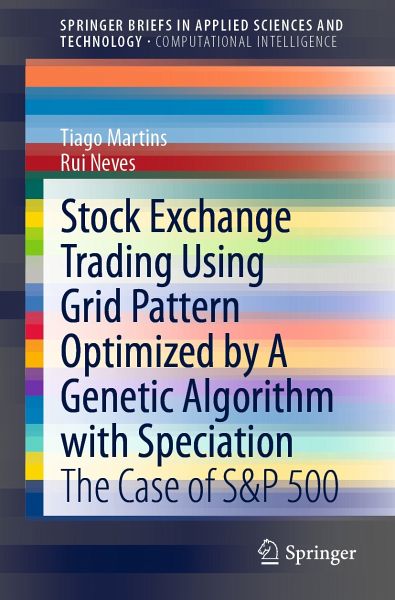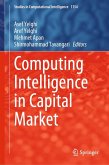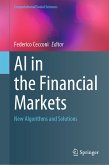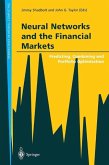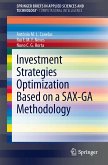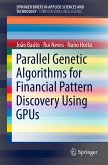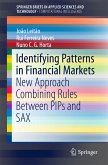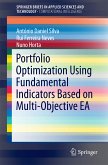This book presents a genetic algorithm that optimizes a grid template pattern detector to find the best point to trade in the SP 500. The pattern detector is based on a template using a grid of weights with a fixed size. The template takes in consideration not only the closing price but also the open, high, and low values of the price during the period under testing in contrast to the traditional methods of analysing only the closing price. Each cell of the grid encompasses a score, and these are optimized by an evolutionary genetic algorithm that takes genetic diversity into consideration through a speciation routine, giving time for each individual of the population to be optimized within its own niche. With this method, the system is able to present better results and improves the results compared with other template approaches. The tests considered real data from the stock market and against state-of-the-art solutions, namely the ones using a grid of weights which does not have a fixed size and non-speciated approaches. During the testing period, the presented solution had a return of 21.3% compared to 10.9% of the existing approaches. The use of speciation was able to increase the returns of some results as genetic diversity was taken into consideration.
Dieser Download kann aus rechtlichen Gründen nur mit Rechnungsadresse in A, B, BG, CY, CZ, D, DK, EW, E, FIN, F, GR, HR, H, IRL, I, LT, L, LR, M, NL, PL, P, R, S, SLO, SK ausgeliefert werden.

